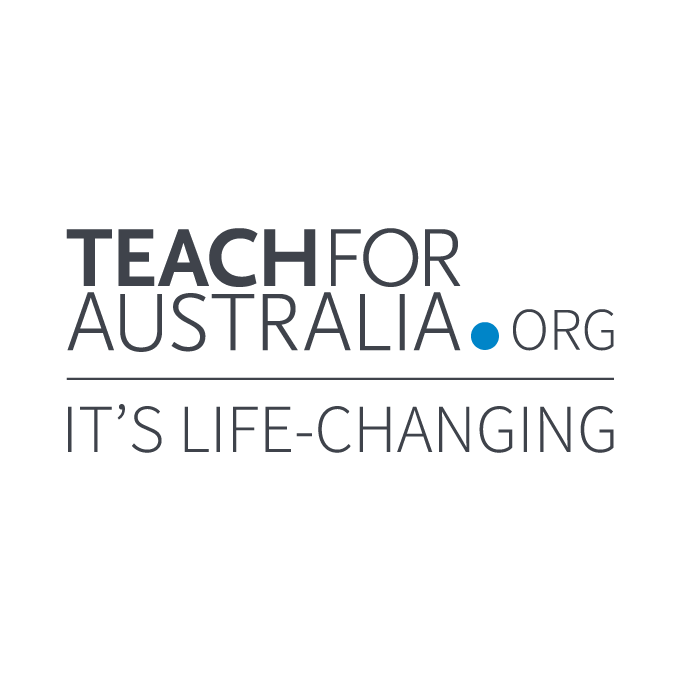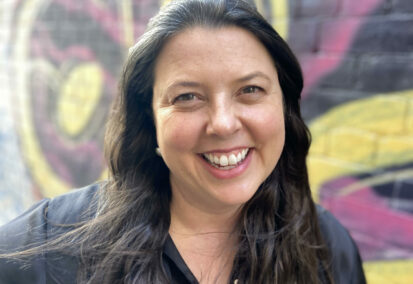Originally published in The Educator on 15 March 2024.
By Brett Henebery
According to Federal Government modelling from 2022, it is forecast that 50,000 teachers will have permanently left the profession by next year, and that STEM-qualified teacher shortages could affect up to 70,000 students annually before the end of this decade.
In 2023, nine out of 10 public school principals across the nation reported teacher shortages, with unsustainable workloads identified as the number one issue driving people from the profession.
Findings like these have led schools and education policymakers to worry about the state of Australia’s teaching and leadership pipeline. Shedding further light on this issue, the Australian School Teaching Workforce report, commissioned by the Australian Education Union, found that initial teacher education completions declined by 15% between 2011-2020 compared with the nursing profession, where completions increased by 75% during the same period.
This follows a decade in which the increase in initial teacher education completions was just 33%, compared with the pre-registration nurse and midwifery increase of 81%.
Recognising the profound implications of this trend, Teach For Australia (TFA) has been helping to staff needy schools with high quality teachers who are skilled across a vast range of subject areas, plugging skills gaps wherever they’re required.
Now in its 15th year, TFA is supporting more than 1,450 teachers and 540,000 students through its suite of programs. As of 2023, more than 85% of the program’s Alumni were still working in the education sector.
Connecting new teachers to high-quality PD
This year, 156 new teachers have entered classrooms through TFA’s successful Leadership Development Program (LDP), helping to combat Australia’s worsening school workforce shortages. The LDP is a two-year employment-based pathway into teaching, making it an attractive option for career-changers and individuals from other professional backgrounds.
Melodie Potts Rosevear, CEO at TFA said the organisation has a strong focus on ensuring the training it delivers remains in lockstep with the latest research and trends on effective teaching.
“Teach For Australia continues to innovate our flagship Leadership Development Program (LDP) to ensure it is in line with best practice,” Potts Rosevear told The Educator.
“For the 15 years, TFA has delivered evidence-based professional learning to equip new teachers with the essential knowledge and skills for effective teaching and learning.”
Potts Rosevear noted that TFA’s ongoing teacher development and coaching leverages work by renowned educational researchers such as Danielson, Marzano, Hattie and Rosenshine alongside ideas from cognitive load theory, the science of learning, sociology and others.
“Alongside our university partners, including our long-standing partnership with the Australian Catholic University, TFA has co-designed and co-delivered an initial teacher education program that deeply integrates theory, practice, and reflection by the teacher, with the core question being ‘how do I know what my students have learned?’” Potts Rosevear said.
“Our unapologetic student-centred approach is grounded in our moral purpose as a charity: helping to address educational inequity. Our mission is to grow a community of leaders committed to equity for children, by recruiting and developing exceptional people to teach and lead across Australia.”
Helping the schools that need it most
Potts Rosevear pointed out that all of TFA’s work is with low-socioeconomic and/or rural and remote schools across Australia.
“Because educational inequity is complex and multi-faceted, only sustained, collective leadership that is centred on students and involves systemic change will help address it,” she said.
“So, while we actively build evidence-informed technical skills of our teachers, we also work to build their leadership orientation – a set of mindsets, skills, and behaviours – that enable individuals to connect with others to drive change regardless of their position.”
Potts Rosevear said these more adaptive skills include cultivating a systems-thinking approach, enabling and prioritising student agency and closely examining what it takes to drive and sustain positive change in Australia’s schools for the benefit of all young people.
“Internally, our teams engage in cycles of continuous improvement to ensure our training reflects the latest best practices and contemporary research in both teacher development and leadership development,” she said.
“This extends into all aspects of our training design from our application process to the content we include and how it is delivered.”
Potts Rosevear noted that TFA also belongs to the Teach for All global network, a network spanning over 60 countries which enables the organisation to learn from and apply the most current research to its training design.
“In our current cycle, our primary focus is continuing our work with ACU on further embedding our existing effective pedagogy and science of learning knowledge and practices [already in alignment with the Australia Institute of Teaching and School Leadership’s recent core curriculum addendum] and on embedding additional practices which support teacher wellbeing.”
Nurturing future STEM innovators
According to TFA’s data, 50% of teachers have switched to teaching from other careers or professional backgrounds, while nearly half are recent graduates. More than 40% of these educators will be teaching science, technology, engineering and maths (STEM) subjects, aligning with TFA’s ongoing focus to address the high demand for qualified STEM educators.
“At TFA, we are actively contributing to addressing the shortage of STEM-qualified educators in low socio-economic and remote, rural and regional areas,” Potts Rosevear said.
“In recruiting for the LDP, TFA has focused on providing teachers to the schools and positions that need them most. Since 2010, this has meant increasing the proportion of new teachers teaching STEM subjects from 25 per cent in 2010 to over 40 per cent in 2024.”
To extend its reach and impact, TFA have also developed partnerships with leading technology companies such as ROKT and Atlassian to attract more STEM-qualified teachers to inspire young people, lift outcomes and equip them to thrive in a STEM based future.
“With rapid advancements in technology, proficiency in STEM is not only essential for critical thinking, problem-solving and technical skills but also preparedness for the job market,” she said.
Another encouraging result of the LDP is that more than 70% of TFA’s new Associates will teach in regional or remote areas across WA, supporting around 3,840 students over the next two years.
“While TFA teachers are not immune to the challenges faced more broadly by all teachers, the LDP has had remarkable success in keeping teachers engaged in the profession. This is in large part due to the comprehensive mentoring and coaching support we provide,” Potts Rosevear said.
“All our teachers are placed in areas experiencing disadvantage and well over half this year went to regional and rural communities.”
Potts Rosevear said the “wrap-around support” offered includes a TFA Teaching and Leadership Coach, a School Mentor, an ACU Academic Mentor and access to a network of other new teachers with shared joys and challenges and the TFA Alumni who have walked in their shoes and are working as teachers in schools.
“We know the first couple years in the classroom can be tough which is why every new teacher in our Program receives comprehensive support from a range of mentors, which is particularly important if the new teacher has also moved to a regional, rural or remote area,” she said.
“Through our coaching, mentoring and peer support we also work to help our teachers find ways to connect into the community beyond the school gates, increasing their sense of connection to place.”
Potts Rosevear said while access to professional development, social networks, housing, and career advancement are all important to retention in any setting, it is especially so in rural and remote areas.
“Finally, another key strategy we implement is our rigorous selection process. We naturally attract individuals who are passionate about addressing educational inequity matched to the requirements of teaching and are willing to take on hands-on responsibility from day one,” she said.
“We apply a further selection filter to those heading to more isolated locations, and whenever possible we look to match individuals with prior experience in rural/remote areas to these locations.”
Continuous collegial support for Australia’s aspiring changemakers
Potts Rosevear said career changers who participate in the LDP are highly skilled individuals whose professional expertise ranges from environmental scientists to professional musicians.
“They bring diverse expertise and lived experiences to the classroom, and their professional expertise allows them to apply their subject knowledge effectively, inspiring young people to explore their potential,” she said.
“From the point of their application, through to joining the program and throughout their participation in it, TFA provides personalised, wrap-around support through 1-1 coaching, academic mentoring from our partner The Australian Catholic University, in school mentoring from our partner school, and ongoing professional learning from and connection with the larger Teach For Australia and Teach For All communities.”
To help new teachers prepare for the classroom and foster their professional development, the TFA’s intensive teacher training and events play an integral role, Potts Rosevear said.
“These include two months preparation prior to starting in classrooms, through a National Initial Intensive, a 10-day in-person school practicum and a Regional Intensive as well as mid-year intensive learning events in their placement areas,” she said.
“Career changers also have opportunities to connect with other incoming TFA teachers, current participants, and Alumni in similar positions to share their experience and learn from one another.”
Additionally, the TFA supports new teachers to implement trauma-informed and strengths-based strategies in the classroom, Potts Rosevear noted.
“They also engage in a journey of learning and unlearning towards Reconciliation through academic coursework and local on-Country experiences,” she said.
“Once in schools, all TFA teachers are assigned an in-school mentor, a TFA mentor, and an ACU mentor who all provide personalised and contextualised support to improve teaching practice and facilitate a successful transition to the classroom.”





